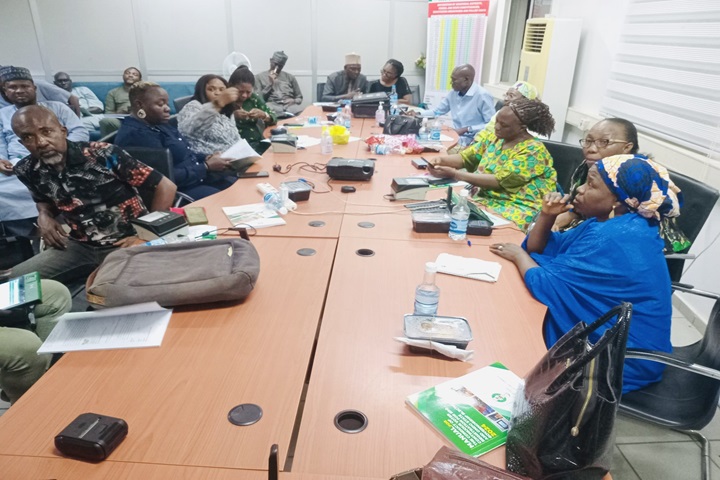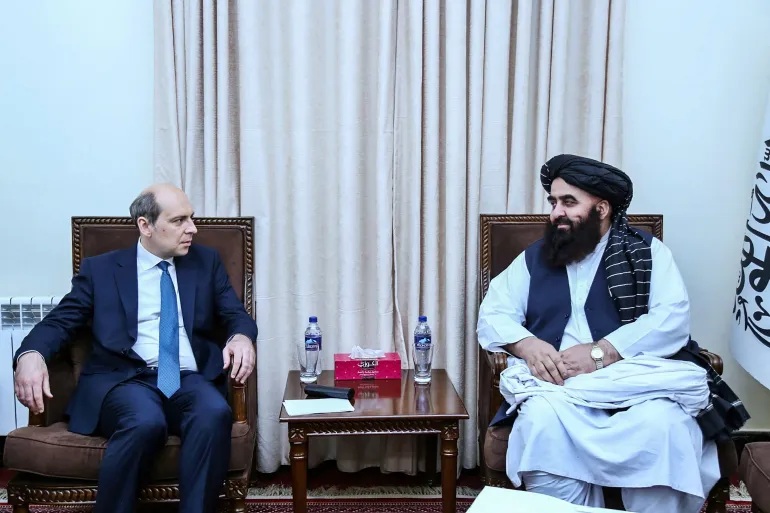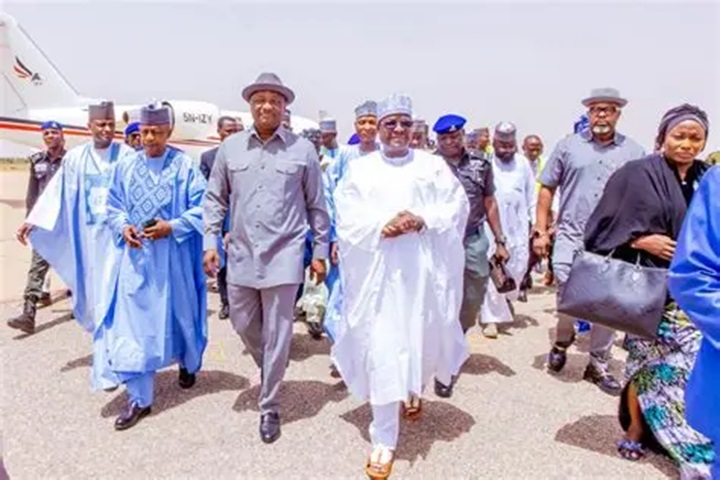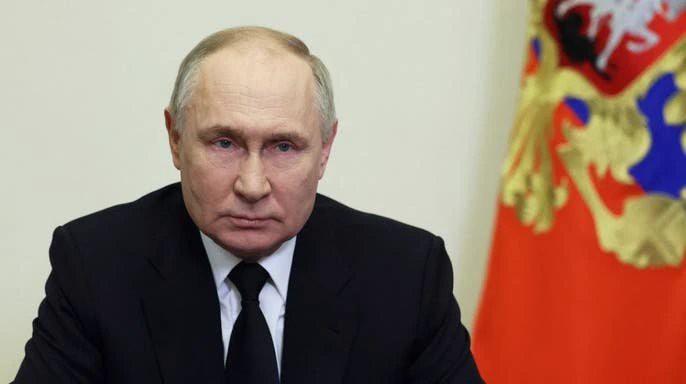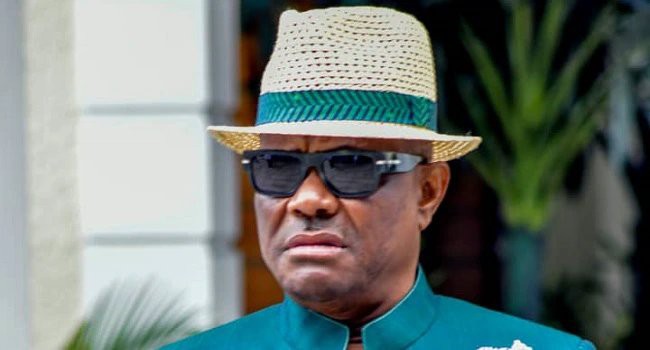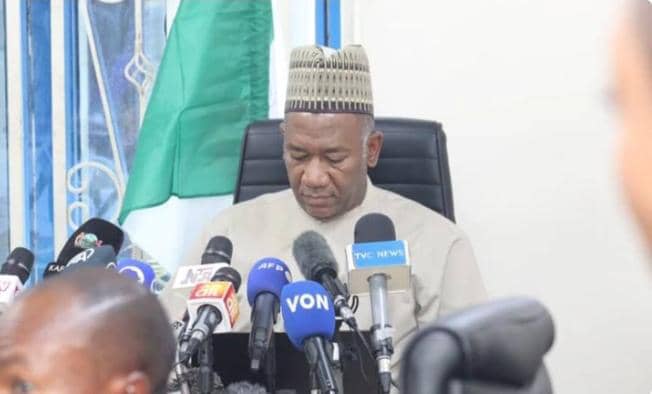Featured
Trump and Zelenskyy face off: White House clash sparks nationwide protests over Ukraine policy
DDM News

Washington, D.C. – A dramatic meeting at the White House has triggered nationwide protests across the United States.
The confrontation involved former President Trump, Vice President JD Vance, and Ukrainian President Volodymyr Zelenskyy.
Diaspora digital media (DDM) revealed that this tense exchange has ignited debates over America’s role in international security and diplomacy.
The meeting took place last Friday in the historic Oval Office.
It was meant to address the scalating conflict in Ukraine and U.S. military support.
However, the discussion quickly turned hostile as Trump pressured Zelenskyy to consider a ceasefire with Russia.
Trump warned that failure to agree could lead to a withdrawal of American military assistance.
The suggestion was met with strong resistance from Zelenskyy, who insisted on security guarantees before any ceasefire.
Zelenskyy argued that Russia had repeatedly violated past agreements, making a ceasefire untrustworthy.
Trump accused Zelenskyy of not showing enough gratitude for U.S. military aid.
He warned that Ukraine’s lack of appreciation could jeopardize future support.
Trump went further by suggesting that Ukraine’s actions could trigger “World War III.”
The bold statement intensified the already heated atmosphere in the meeting.
Many observers viewed Trump’s remarks as reckless and damaging to international relations.
The meeting’s aftermath saw immediate backlash from political leaders and the public.
Protests erupted in multiple cities, including New York, Los Angeles, Boston, and Waitsfield, Vermont.
The Vermont demonstration coincided with Vice President Vance’s planned ski trip with his family.
Despite Republican Governor Phil Scott urging residents to remain respectful, protesters gathered in large numbers.
Demonstrators carried placards that read, “Vermont stands with Ukraine” and “International embarrassment.”
Many waved Ukrainian flags to show solidarity with Zelenskyy and his country.
Cori Giroux, a protester, expressed outrage over the White House meeting.
“After what he did yesterday, he crossed the line,” Giroux told Vermont Public Radio.
Vance, who admitted he had never visited Ukraine, reportedly fled to an undisclosed location.
The protests were not limited to Vermont.
In New York, demonstrators filled Times Square, draping themselves in Ukrainian flags.
Pro-Ukraine activists in Los Angeles held a rally outside a SpaceX facility.
Boston saw passionate protests led by the group Boston Supports Ukraine.
The group posted on Facebook, emphasizing Ukraine’s need for peace and security guarantees.
“Ukraine wants fair peace. Ukraine wants the war to end,” the post read.
The outrage over Trump’s remarks extended beyond the United States.
European leaders voiced their support for Ukraine following the White House confrontation.
Officials from Canada, Australia, and New Zealand also condemned Trump’s statements.
In Washington, several lawmakers criticized Trump’s handling of the meeting.
Senator Chris Murphy described the discussion as an “ambush” against Ukraine.
Murphy and other lawmakers reaffirmed their support for Zelenskyy’s leadership.
The White House meeting has fueled broader debates on U.S. foreign policy.
Many argue that Trump’s aggressive approach undermines America’s global standing.
Critics warn that pressuring Ukraine into a ceasefire could embolden Russia.
They argue that such a move could weaken Ukraine’s defense efforts.
Others believe Trump’s remarks signal a shift in U.S. diplomatic strategy.
Supporters of Trump argue that prioritizing American interests is necessary.
They claim that continued military aid to Ukraine requires careful reconsideration.
However, many Americans remain deeply opposed to Trump’s stance on the issue.
The controversy has also raised questions about America’s role in global conflicts.
Some believe Trump’s words jeopardize long-standing international alliances.
The protests highlight the growing divide over U.S. foreign policy.
Demonstrators insist that Ukraine deserves unwavering support in its fight against Russia.
The Biden administration has not yet officially responded to Trump’s comments.
Analysts predict that the meeting will have long-term consequences on diplomatic relations.
Trump’s remarks could shape future debates on military assistance to Ukraine.
Observers note that this incident has exposed deeper tensions within U.S. politics.
The situation underscores the challenges of balancing diplomacy with national interests.
Trump’s confrontational style has left many questioning his foreign policy strategy.
Some worry that his rhetoric could escalate tensions rather than resolve conflicts.
The protests show that many Americans oppose any reduction in Ukraine’s military aid.
Demonstrations continue across multiple cities, with activists demanding policy changes.
Public sentiment appears strongly in favor of supporting Ukraine against Russian aggression.
The international response suggests that Trump’s approach may have weakened U.S. credibility.
Global leaders stress the importance of unity in addressing Ukraine’s security concerns.
Zelenskyy remains firm in rejecting a ceasefire without strong guarantees.
He insists that peace must come on fair terms for Ukraine.
The meeting has revealed stark differences between U.S. and Ukrainian leadership.
Trump’s position has fueled debates on America’s responsibility in global conflicts.
Lawmakers on both sides of the aisle are now weighing the consequences of Trump’s statements.
For many Americans, the White House clash represents a pivotal moment in foreign policy.
The protests signal that public opinion remains deeply invested in Ukraine’s future.
As demonstrations grow, pressure mounts on U.S. leaders to clarify their stance.
The debate over military aid to Ukraine is unlikely to fade anytime soon.
Trump’s remarks have forced urgent discussions about international security.
The future of U.S.-Ukraine relations remains uncertain following this heated confrontation.
For now, protests continue to shape the national conversation on foreign policy.
With emotions running high, the issue remains at the forefront of political discourse.
For Diaspora Digital Media Updates click on Whatsapp, or Telegram. For eyewitness accounts/ reports/ articles, write to: citizenreports@diasporadigitalmedia.com. Follow us on X (Fomerly Twitter) or Facebook



